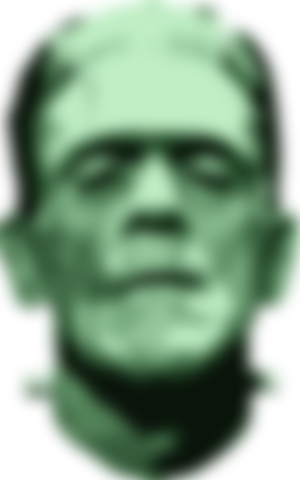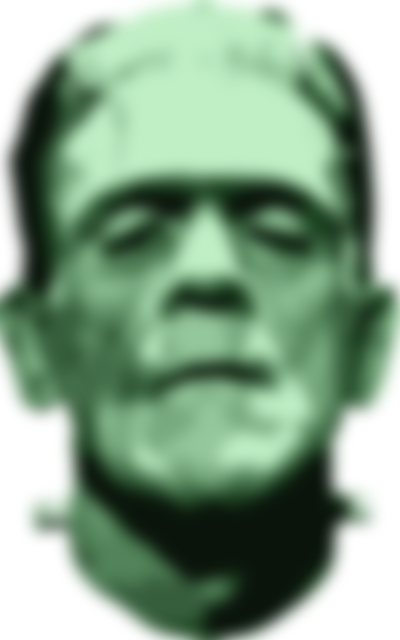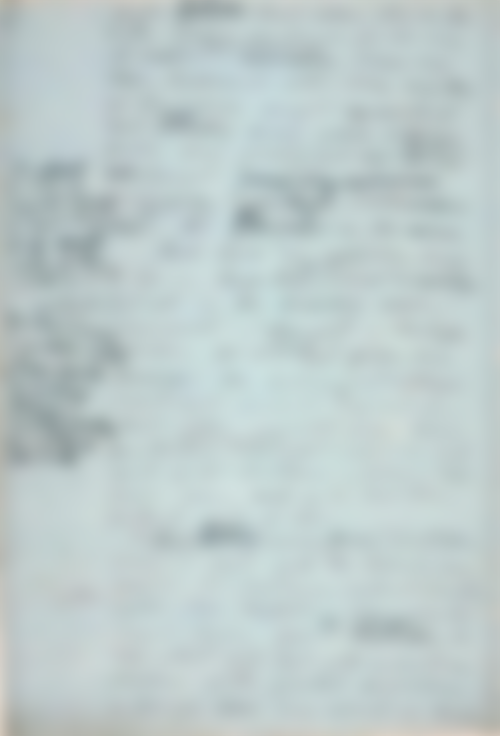The relationship between religion and creative art is so complex that it is difficult to discern to a full extent. Art and literature have often been used in the service of religion, but they have also sometimes replaced religion entirely. Not to mention how important they are, in one form or another, in the very basis of all religions. Just try to find one single religion that in its very foundation doesn't have either pictures and statues, or a certain holy book or books, or both.
In some cultures, creation has been the prerogative of God or the divine, and human creativity has been severely restricted in order to avoid becoming blasphemy. Certain creative work would “compete with God” or be like “playing God”.
In a society whose religion is gradually fading away, as in Europe from the 1700s, creative art and other creative work (including philosophy and some science) replaces religion and serves as a societal substitute for religion. Great creative artists, and we can interpret that generously and include philosophers and certain scientists, great creative minds, become a sort of superheroes and “idols”, with what for all practical purposes are worshippers and a cult. In Europe this reached its peak during the late 1800s, with the idolisation of the human genius, but is still reverberating in the global pop culture, albeit in a strongly degraded form.
A indicator of a dying civilisation that takes a next step, and Europe is well into it with at least one foot, is that the importance of creative idols gradually fades as well, and is replaced by the importance of sports. Not as a a way to exercise, not even as merely entertainment, but much more than entertainment: as a cult. When the masses are roaring at a huge football stadium when their favourite player has the ball, and the fans of different clubs kill each other in the streets, that is the uttermost of infantilisation and superficiality: the death of spirituality and creativity, religion and art. Such a society is beyond repair; it is doomed. Just as Rome was when the only remaining cult of any importance was the fights of the gladiators and the races.
Now, let's take a look at a story about a man who “played God” and some of the problems he encountered. That man was Victor Frankenstein.

Frankenstein, the novel by Mary Shelley, with the subtitle "The Modern Prometheus", was first published in 1818. Despite a certain mannerism, typical for the time, this novel is a genuine classic. Of course it can be read merely as a good horror story, but if you do that - or rely on the films based on it - you miss the philosophical and moral implications, which are as actual today as when Frankenstein was first published.
(Below: Mary Shelley, From manuscript of Frankenstein, 1816, with marginal notes by Percy Bysshe Shelley.)

In the introduction to the third edition (1831), Mary Shelley wrote that she had often been asked the question how she, then only 19 years old, "came to think of, and to dilate upon, so very hideous an idea?" I think it is more remarkable that such a young person could create something of that depth. Obviously her husband, the poet Shelly, was involved in shaping the novel (according to Mary, the Preface was written entirely by him), but the story appears to be Mary's own.
With Prometheus symbolising the creative artist , or scientist, Victor Frankenstein, the creator of human life, becomes "The Modern Prometheus."
Against the background of modern science, the first question occurring to a reader of Frankenstein is - of course - whether it is acceptable to use science to create a new living being. Your answer might depend on your religious or philosophical perspective; but assume we say yes, then we face a new question immediately: May we do this (create new life) by applying insufficient knowledge, which does not allow us to understand or handle the consequences to a full extent? And what is "sufficient" knowledge?
Let us look at the story, which begins with success and optimism.
"After days and nights of incredible labour and fatigue, I succeeded in discovering the cause of generation and life; nay, more, I became myself capable of bestowing animation upon lifeless matter."
"Life and death appeared to me as ideal bounds, which I should first break through, and pour a torrent of light into our dark world."
"[…] I thought that if I could bestow animation upon lifeless matter, I might in the process of time (although I now found it impossible) renew life where death had apparently devoted the baby to corruption."
Frankenstein succeeds, he creates a living being. But something went wrong, his creation is a monster, horrible in appearance and strength. The creator is terrified and spurns his creation. A time later, the monster murders Frankenstein's younger brother, and it soon becomes worse...
"Alas! I have turned loose into the world a depraved wretch, whose delight was in carnage and misery; had he not murdered my brother?"
It is obvious that Frankenstein has no control over his creation. His knowledge was not sufficient; he did not understand the risks; and he could not handle the consequences. He regrets his work, but it is too late.
To what extent is Victor Frankenstein responsible for his monster's misdeeds? More generally; to what extent is a creator responsible for the consequences of his creation? Or has he (the creator) obligations to his creation? The monster thinks so. It approaches Frankenstein to speak, but is refused.
"'Devil', I exclaimed, 'do you dare to approach me? and do you not fear the fierce vengeance of my arm wreaked on your miserable head? begone, vile insect! or rather, stay, that I may trample you to dust! and, oh! that I could, with the extinction of your miserable existence, restore those victims whom you have so diabolically murdered!"
But the monster speaks, and he accuses his creator.
"Remember that I am your creature; I ought to be thy Adam; but I am rather the fallen angel, whom thou drivest from joy for no misdeed. Every where I see bliss, from which I alone am irrevocably excluded. I was benevolent and good; misery made me a fiend. Make me happy and I shall again be virtuous."
"Accursed creator! Why did you form a monster so hideous that even you turned from me in disgust? God, in his pity, made man beautiful and alluring, after his own image; but my form is a filthy type of yours, more horrid even for the very resemblance."
"[...]you have endowed me with perceptions and passions, and then cast me abroad an object for the scorn and horror of mankind."
The monster claims that if he could get a female companion, he would be happy and stop killing. Frankenstein is reluctant, but soon the eloquent monster persuades him.
"For the first time, also, I felt what the duties of a creator towards his creature were, and that I ought to render him happy before I complained of his wickedness."
During the long time he works with this, Victor Frankenstein has time to brood over what he is doing.
"[…] she might become ten thousand times more malignant than her mate, and delight, for its own sake, in murder and wretchedness."
"She also might turn with disgust from him to the superior beauty of man; she might quit him, and he again being alone, exasperated by the fresh provocation of being deserted by one of his own species."
Further he realises that there "would be children, and a race of devils would be propagated upon the earth." Instead of solving the problem, he would make it many times worse! At this point, he decides to disrupt his work; there will be no female. The cost: his own life will be destroyed.
The novel about Frankenstein and his monster is nearly 200 years old, but the questions it brings up are timeless. The relation between a creator and his creation has always been complex and problematic - and one way or another, it will continue to be so.
(All quotations are from "Frankenstein" by Mary Shelley, Oxford University Press 1969; which is based on the 1831 edition, the British Museum copy.)
(This article is based on material previously published in Meriondho Leo and in my e-book “The Promethean Fire”, 2018.)
Related articles:
The Cult of the Green Fairy; La Fée Verte
Mindfood & Drugs, Creative Genius & Insanity
Copyright © 2008, 2018, 2020 Meleonymica/Mictorrani. All Rights Reserved.
Here you can find my articles about History of Literature.
Interested in philosophy, join my community “Mind, Perception & Thought (c7a5)”.
You find all my writings on Read.Cash, sorted by topic, here.


Frankenstein has an interesting character